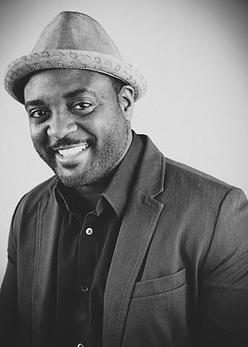Reginald Dwayne Betts (Poetry ’10) interviewed by Amanda Newell (Poetry ’17) in Plume

AN: I’ve been thinking a lot about the title of your latest book, Felon, which was just published last fall. You’ve written a memoir and two previous books of poetry, all of which explore, in their own ways, what it means to be convicted of a felony, what it means to have been incarcerated at a young age and for a long time, and what it means to live in the aftermath of all that—and to have to keep answering for your mistake despite your many professional and creative successes.
In a 2018 essay for The New York Times [https://www.nytimes.com/2018/10/16/magazine/felon-attorney-crime-yale-law.html], you wrote about coming home from prison and trying to keep quiet about it, “as if,” you wrote, “muteness could save me.” Instead, you found yourself having to tell and retell the very story you said you wanted to erase. What does it mean to you now, to be able to claim that word, “felon,” as the title of your book?
RDB: I’m not sure. The title of the book works with the artwork and the poetry. Juxtaposed with the art, the word felon says something about erasure, about loss, racism. There are levels that I’m hoping to explore.
And then, the poems in the book, the crimes and tragedy and loss and love and all that other stuff, that’s me hoping to reveal the lie of a word like felon. We imagine it characterizes people fully, but it fails. And if people recognize their life in moments of this work, their loves in moments of this work, their family and neighbors, then I’ve succeeded. If you read this work and it all still feels so much like the account of the other, I’ve failed.
Read the rest of the Newell‘s interview with Betts here: https://plumepoetry.com/reginald-dwayne-betts-on-art-poetry-the-particular-fucked-up-parts-of-incarceration-and-the-multitudes-of-i/



